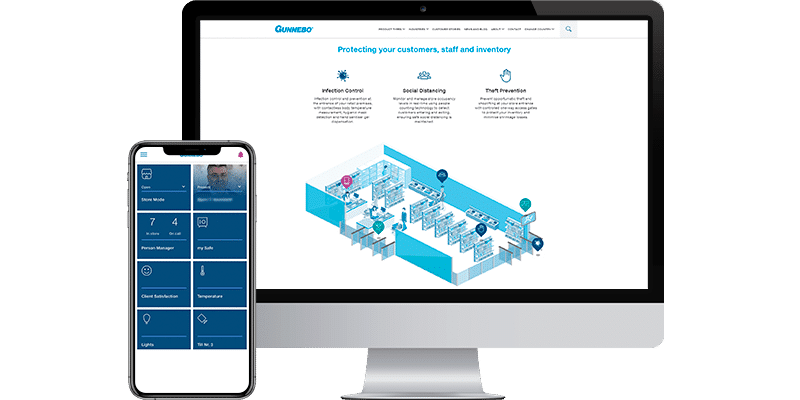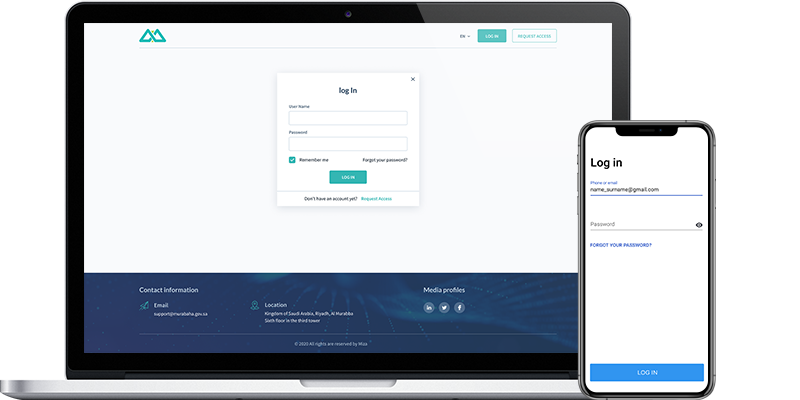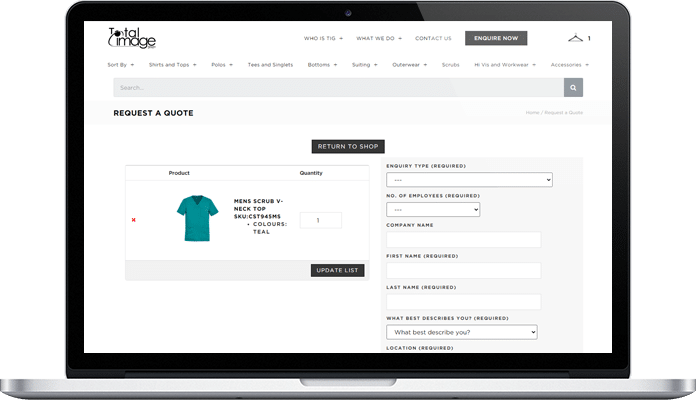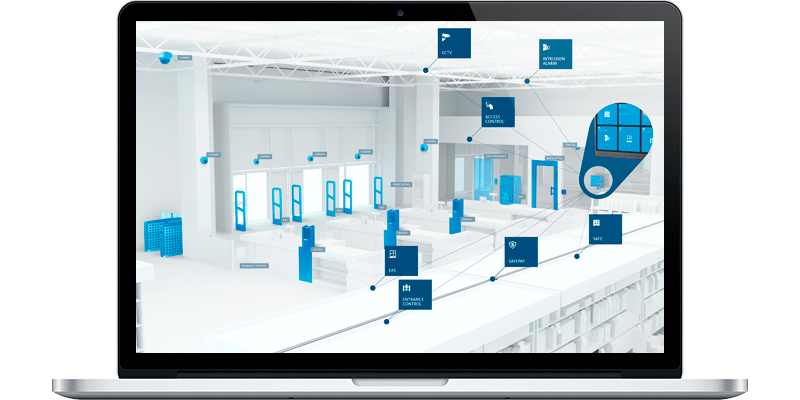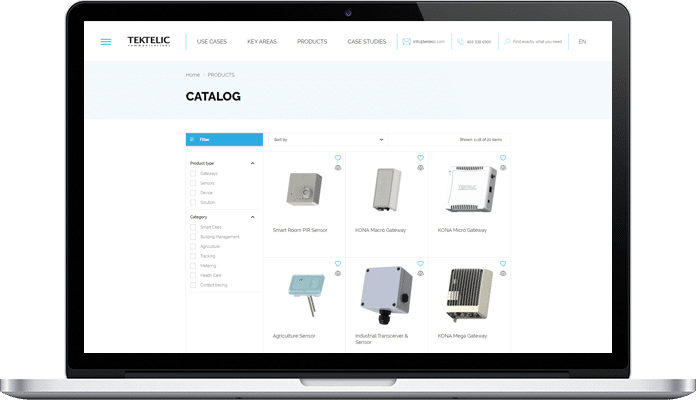What we offer
360-degree customer view
Engaging experience for your customers is what our AI retail solutions offer with a 360-degree customer view. The technology consolidates various customer data in one place. Typically, a 360-degree customer view feature is available in CRM systems. It helps your team get a holistic picture of your buyers. Quick access to any customer info allows your staff to create a highly personalized approach to each client.
Predictive analytics solutions
Predictive analytics helps you forecast the expected behavior of your customers via machine learning and artificial intelligence solutions for retailers we offer. Recognizing probabilities is possible through using well-chronicled data of what has been happening in the past. Big data provides retailers with a huge amount of customer info structured via AI-based algorithms. Our predictive analytics solutions can convert the knowledge about the shopping background of your clients into future results.
Recommendation systems
There are many sorts of recommendation systems for retailers. We can create highly customized ones relying on what your retail strategy is leaning toward. Searching patterns based on geolocation, age, gender (the so-called cumulative filtering), product preferences based on previous purchases (content-based filtering), suggestions on categorically similar products (item-item collaborative filtering), and the like. The AI-based recommendation solutions we develop can help your customers find the products they need in an easy and automatic manner.
Fraud detection solutions
Deep learning-based anti-fraud solutions can detect various sorts of fraud opportunities that are getting more numerous amid the current growth of the e-retail (e-commerce) sector. Identity theft, stolen banking cards, account takeovers, and many other threats can be effectively mitigated with AI algorithms that are able to automatically distinguish “abnormal” inputs of fraudsters from “normal” data of legal customers. Your profit depends directly on the number of false deals that can happen within your retail environment. We can help you decrease that number down to zero.
Get a free consultation on your project!
Benefits of artificial intelligence solutions for retail
Our AI retail solutions development process
Get a free consultation on your project!
What impacts your project duration
Since no serial production is possible in software development, every development lifecycle happens to have an individual duration. After an approximate architecture of the future product becomes clear, our specialists can calculate the number of working hours they will spend to complete the project. To make such a calculation as exact as possible, they should take into account the following factors:
- Project requirements
- Expected deadlines
- Team composition
- Chosen technology and platforms
What affects your project costs
Similarly to the project duration issue, the cost of different software products can significantly vary. We always strive to achieve the most cost-effective process; whatever software is developed. At the same time, there are some cost-determining factors that any developer cannot ignore. Inter alia, they include:
- Project scope and complexity
- Chosen technology
- Project completion urgency
- Engagement model: Fixed Price, Time and Material, Dedicated Team
What we need from your side
It is normal not to get a clear software design specification from customers: retailers usually stay quite far from software development to create the SDS independently. Our team must collaborate with customers at the initial stage of development to clarify all the nuances we need to know about the desired software product. To optimize the stage, we usually ask our customers for the following info:
- Project goals, vision, and a roadmap if available
- High-level project requirements
- Project-specific documentation if available
- Client’s availability for weekly gathering session
Our tech stack





























































Explore our case studies
Frequently asked questions
Can you help us choose the right artificial intelligence tools?
AI-based technologies are quite specific, but the effects they provide are not rocket science. Along with recommendations on the features available in your software, we can suggest what AI algorithms are worth using to make the features as efficient as possible. Predictive analytics, recommendation systems, fraud detection as well as other retail-relevant functionalities can be reinforced with corresponding artificial intelligence solutions. Just tell us what you expect from your future software, and we can suggest one or another AI tool to be successfully applied.
Do you provide IT project consulting for retail AI development?
DICEUS appreciates very much the keen interest our customers express to AI development. We practice both types of IT project consulting: the free one that goes along the whole period of software development when our customers tightly collaborate with our team, and the standalone IT consulting services going separately from any development process. The first one is present in our collaborative workflows by default. The second type is welcomed when retailers are just planning to order AI-powered software from us.
What are the advantages of AI technology for the retail industry?
Automation and efficiency are the two properties that allow the contemporary retail sector to keep the pace of life. Any successful retail business is highly digitized nowadays. But digital technologies never stop evolving. Artificial intelligence is the current stage of such an evolution. AI algorithms are not just applicable to retail activities but rather compulsory for many of them: effective inventory, data management, sales predictions, customer support, fraud detection, and the like can hardly work well without AI today. Retail generates petabytes of data every minute, nothing but big data-native algorithms can cope with the task best.

